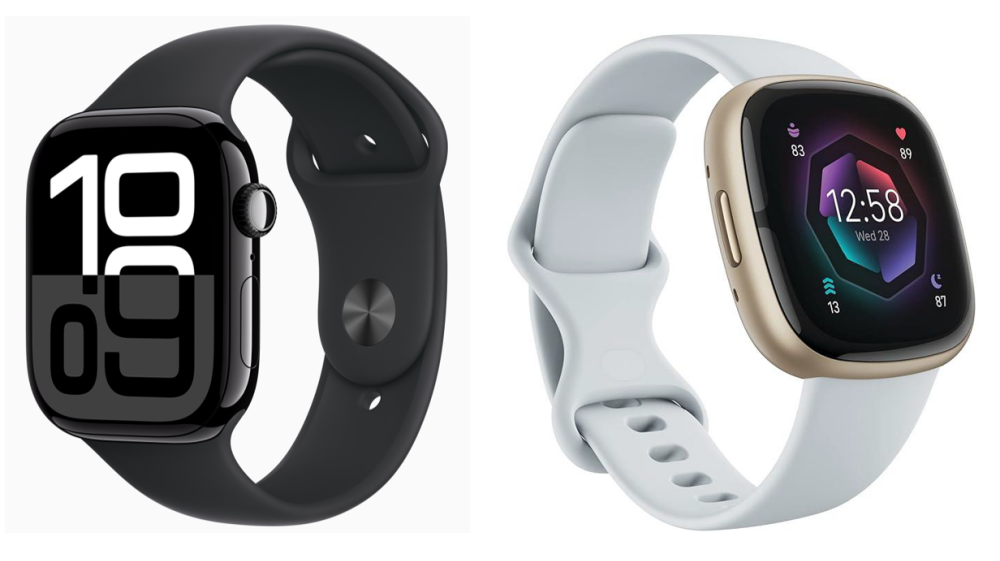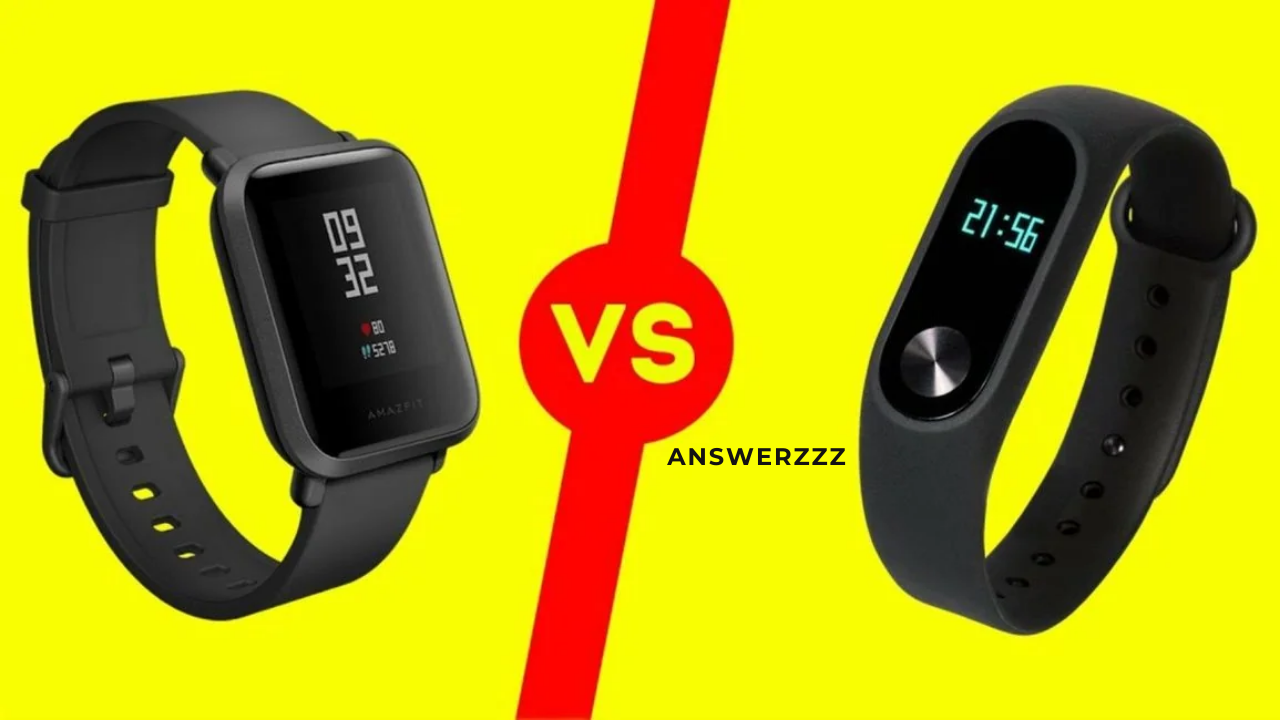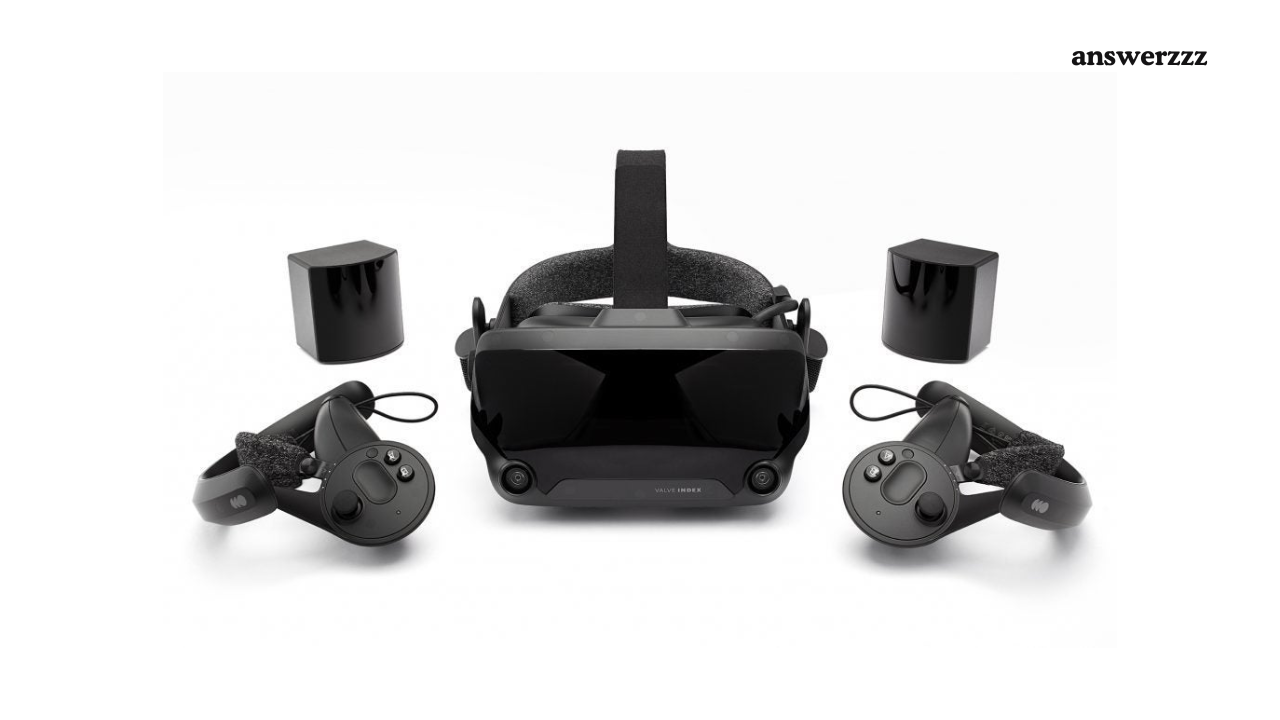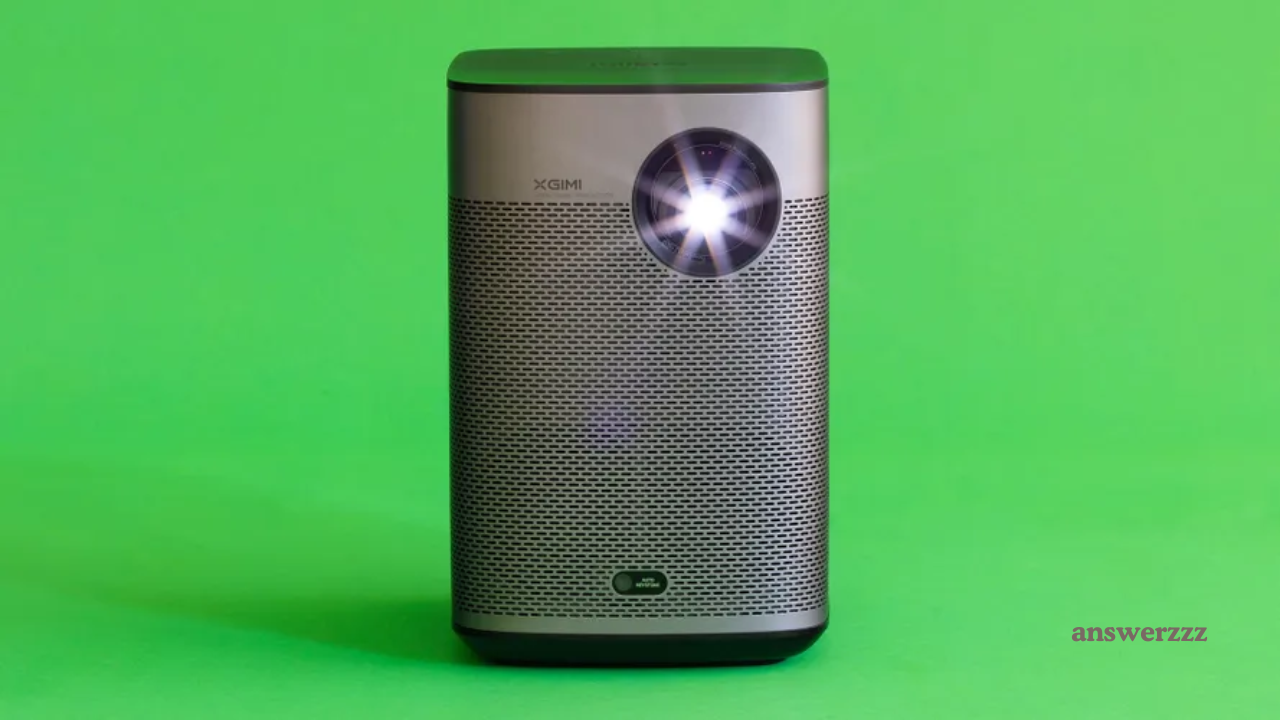In 2024, the line between smartwatches and fitness trackers continues to blur as both technologies evolve, offering users a range of features that extend far beyond simply telling the time or counting steps. Whether you’re looking to track your workouts, stay connected on the go, or simply monitor your health metrics, choosing between a smartwatch and a fitness tracker can be challenging. This article will guide you through the key differences, advantages, and considerations to help men make the best choice in 2024.
1. Understanding the Basics: What Are Smartwatches and Fitness Trackers?
:max_bytes(150000):strip_icc()/AppleWatchVsFitbit3-cc726b27645544afbce78e9f7edf543a.jpg)
What is a Smartwatch?
A smartwatch is a wearable device that serves as an extension of your smartphone. It offers a range of features, from notifications and music control to GPS navigation and even cellular connectivity. Modern smartwatches are equipped with sophisticated sensors for health monitoring, including heart rate tracking, blood oxygen measurement, and sleep analysis. They often come with customizable watch faces, apps, and compatibility with voice assistants like Siri, Google Assistant, or Alexa.
Key Features of Smartwatches:
- Notifications (calls, texts, emails)
- App integration (weather, calendar, social media)
- Fitness tracking (heart rate, GPS, workout modes)
- Voice assistants
- Music and media control
- Customizable watch faces and bands
What is a Fitness Tracker?
A fitness tracker is designed primarily to monitor physical activities and health metrics. Typically, these devices are slimmer and more lightweight than smartwatches. Fitness trackers focus on providing detailed insights into your daily exercise, steps, heart rate, sleep patterns, and other wellness metrics. While some advanced models include basic notification features, they lack the comprehensive app integration and smart capabilities of full-fledged smartwatches.
Key Features of Fitness Trackers:
- Step counting and calorie tracking
- Heart rate monitoring
- Sleep analysis
- GPS for outdoor activities
- Workout tracking (e.g., running, cycling, swimming)
- Lightweight and longer battery life
2. Pros and Cons of Smartwatches
Top Portable Chargers for Students on the Go: Never Run Out of Power Again
Pros of Smartwatches
- All-in-One Device: Smartwatches combine the functionalities of a watch, fitness tracker, and smartphone. They offer notifications, health tracking, GPS, and more, making them versatile gadgets for daily use.
- Advanced Health Monitoring: Many smartwatches in 2024 include advanced health sensors that can measure blood oxygen levels, detect atrial fibrillation (AFib), and even take an electrocardiogram (ECG). For men who are conscious about their health, these features provide valuable insights.
- Customization and Style: With a wide variety of watch faces, straps, and colours, smartwatches allow users to personalize their appearance. This makes them a stylish accessory for both casual and formal occasions.
- Voice Assistance and Smart Features: Integration with voice assistants like Siri, Google Assistant, and Alexa makes it easy to set reminders, control smart home devices, and get answers to questions without reaching for your phone.
Cons of Smartwatches
- Shorter Battery Life: The extensive features of smartwatches often result in shorter battery life. Most devices require charging every 1-2 days, which may be inconvenient for some users.
- Higher Cost: Smartwatches are typically more expensive than fitness trackers, with premium models costing several hundred dollars. If budget is a concern, this might be a significant drawback.
- Complex Interface: The sheer number of features can make smartwatches overwhelming for users who prefer a simpler, more straightforward device.
3. Pros and Cons of Fitness Trackers
Pros of Fitness Trackers
- Focused on Fitness: Fitness trackers are specifically designed to help users monitor their physical activity and health. For men focused primarily on fitness goals, these devices offer detailed insights without unnecessary distractions.
- Longer Battery Life: With fewer features and a simpler display, fitness trackers can last up to a week or more on a single charge, making them ideal for long hikes, camping trips, or those who don’t want to charge their devices frequently.
- Lightweight and Comfortable: Fitness trackers are often smaller and lighter than smartwatches, making them comfortable to wear all day and night, even during workouts or sleep.
Cons of Fitness Trackers
- Limited Smart Features: Fitness trackers typically lack the extensive smart capabilities of smartwatches, such as app integration, voice assistants, and full notification handling.
- Less Stylish: While fitness trackers are practical, they often lack the premium design and customizable options available with smartwatches.
- Basic Display: Most fitness trackers have a simpler display, which may not be as visually appealing or functional as the high-resolution screens on smartwatches.
4. Key Factors to Consider When Choosing Between a Smartwatch and a Fitness Tracker

1. Your Fitness Goals
If your primary objective is to track your workouts and health metrics, a fitness tracker may be the better choice. Fitness trackers offer detailed insights into your daily activity, exercise, sleep, and heart rate without the distractions of smart notifications.
For men who want a more holistic experience, including music control, voice assistance, and seamless smartphone integration, a smartwatch might be the way to go.
2. Budget
Smartwatches tend to be more expensive than fitness trackers. If you’re on a budget, a fitness tracker can provide excellent health and activity monitoring at a lower price point. However, if you’re willing to invest in a premium experience, the added features of a smartwatch might justify the cost.
3. Battery Life
Battery life is a crucial factor, especially for users who don’t want to charge their devices daily. Fitness trackers generally offer longer battery life, often lasting a week or more. In contrast, smartwatches typically need to be charged every 1-2 days, especially if using features like GPS and always-on display.
4. Style and Personalization
If style matters to you, smartwatches offer a wider range of customization options. From interchangeable straps to customizable watch faces, they can be tailored to fit different outfits and occasions. Fitness trackers, on the other hand, focus more on functionality and tend to have a sportier, minimalist look.
5. Smart Features
For men who rely on their wearable for notifications, voice control, or app integration, a smartwatch is the clear winner. Fitness trackers, while improving in this area, still lag in offering a full suite of smart capabilities.
5. Top Smartwatch Recommendations for Men in 2024
The Best Noise-Canceling Headphones for Students: Focus and Study in Peace
1. Apple Watch Series 9
The Apple Watch Series 9 offers a comprehensive set of features, including ECG, blood oxygen monitoring, and a variety of workout modes. It integrates seamlessly with iPhones and supports a wide range of apps, making it a top choice for iOS users.
2. Samsung Galaxy Watch 6
The Galaxy Watch 6 is an excellent option for Android users, featuring a sleek design, robust health-tracking capabilities, and integration with Google’s ecosystem. It offers detailed sleep analysis, and fitness tracking, and supports Google Assistant.
3. Garmin Fenix 7
For the adventure enthusiast, the Garmin Fenix 7 is a rugged smartwatch with exceptional GPS capabilities. It’s built for outdoor activities, featuring detailed maps, multi-sport tracking, and a durable design that withstands harsh conditions.
6. Top Fitness Tracker Recommendations for Men in 2024
1. Fitbit Charge 6
The Fitbit Charge 6 offers a sleek design and extensive health-tracking features, including heart rate monitoring, GPS, and sleep analysis. It’s perfect for men who want detailed fitness insights without the bulk of a smartwatch.
2. WHOOP 4.0
The WHOOP 4.0 is tailored for athletes and fitness enthusiasts. It focuses on recovery, providing detailed metrics on sleep, heart rate variability, and daily strain. It’s subscription-based and does not have a display, making it a unique choice for serious athletes.
3. Xiaomi Mi Band 8
The Xiaomi Mi Band 8 is a budget-friendly option with impressive features, including heart rate monitoring, SpO2 measurement, and basic notifications. It’s an excellent choice for men looking for an affordable yet capable fitness tracker.
Which Should Men Choose in 2024?

Ultimately, the choice between a smartwatch and a fitness tracker depends on your lifestyle, fitness goals, and budget. If you prioritize smart features, customization, and a comprehensive health monitoring experience, a smartwatch is the way to go. On the other hand, if you want a lightweight, straightforward device focused primarily on fitness and health tracking, a fitness tracker may be the better choice.
In 2024, both smartwatches and fitness trackers offer impressive capabilities. Take the time to evaluate your needs and preferences to find the perfect device that suits your lifestyle. Whether you choose a smartwatch or a fitness tracker, you’ll be investing in a powerful tool to help you stay healthy, connected, and on track with your goals.
Coolest Tech Gadgets for Students: From Smart Notebooks to Wearable Cameras



